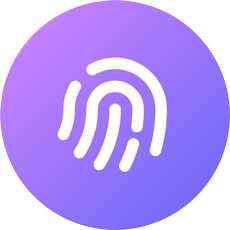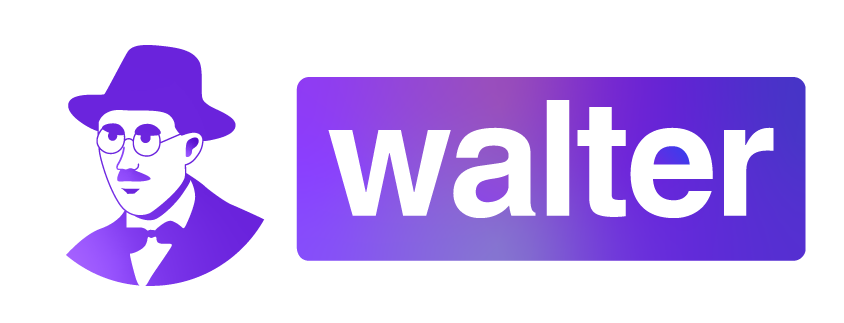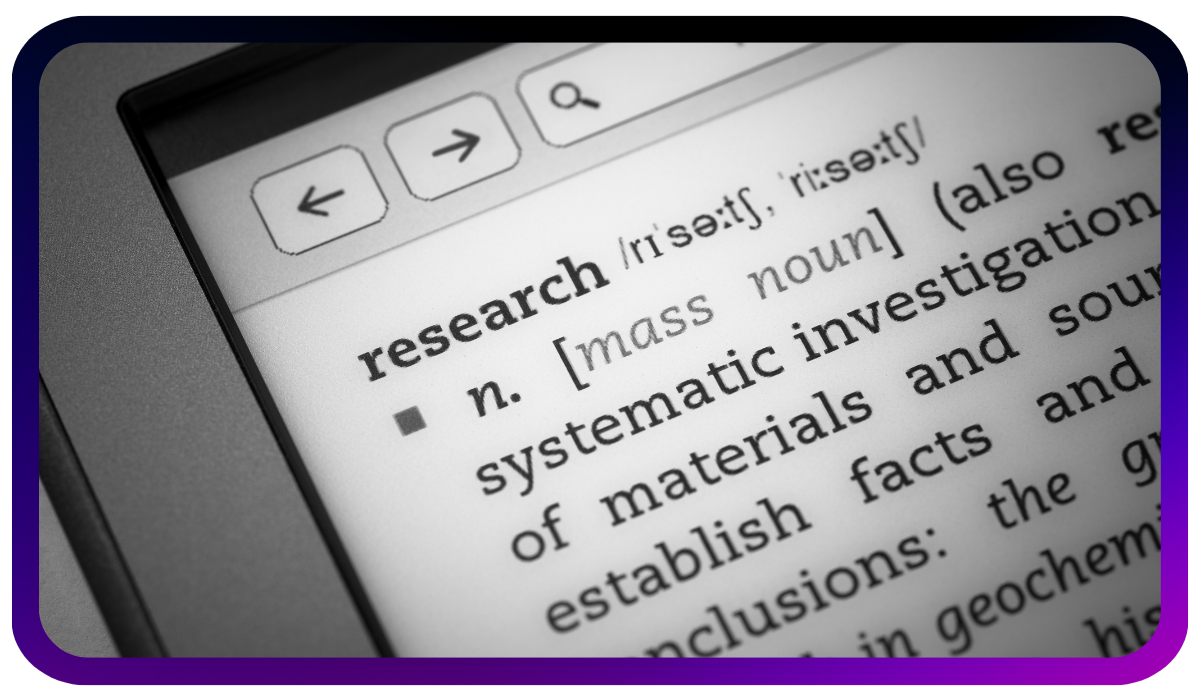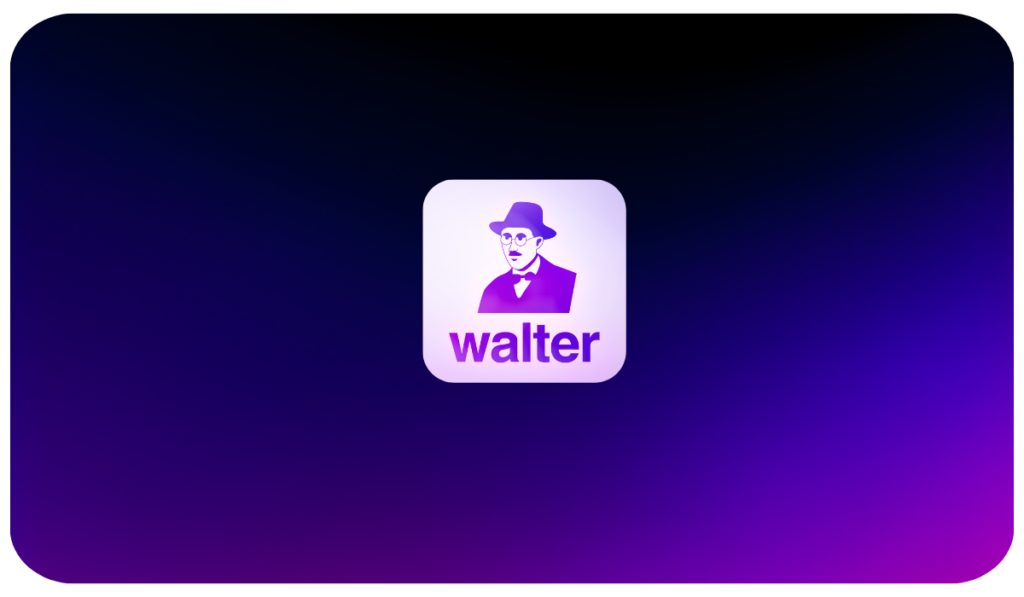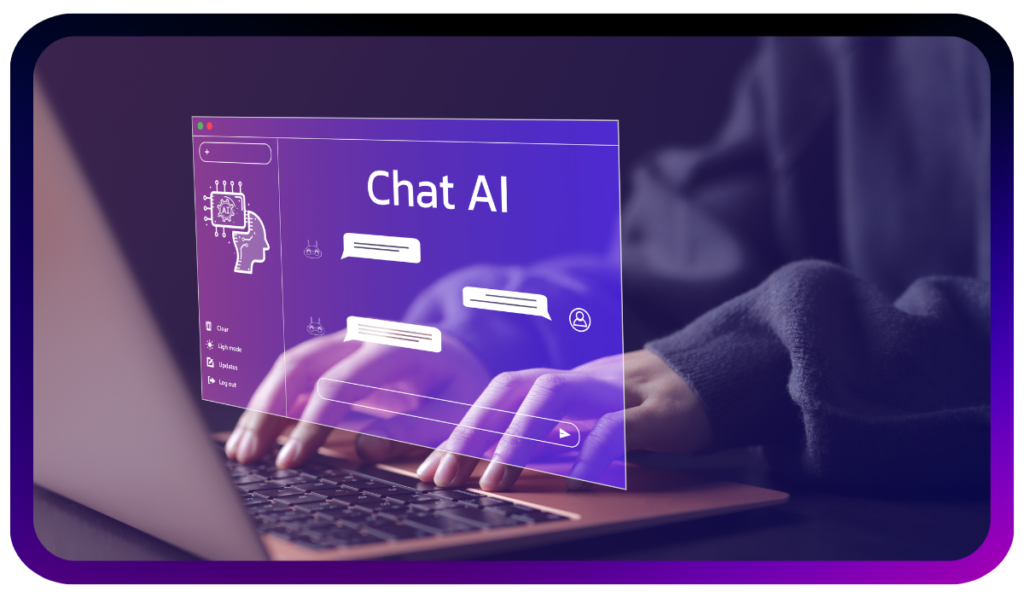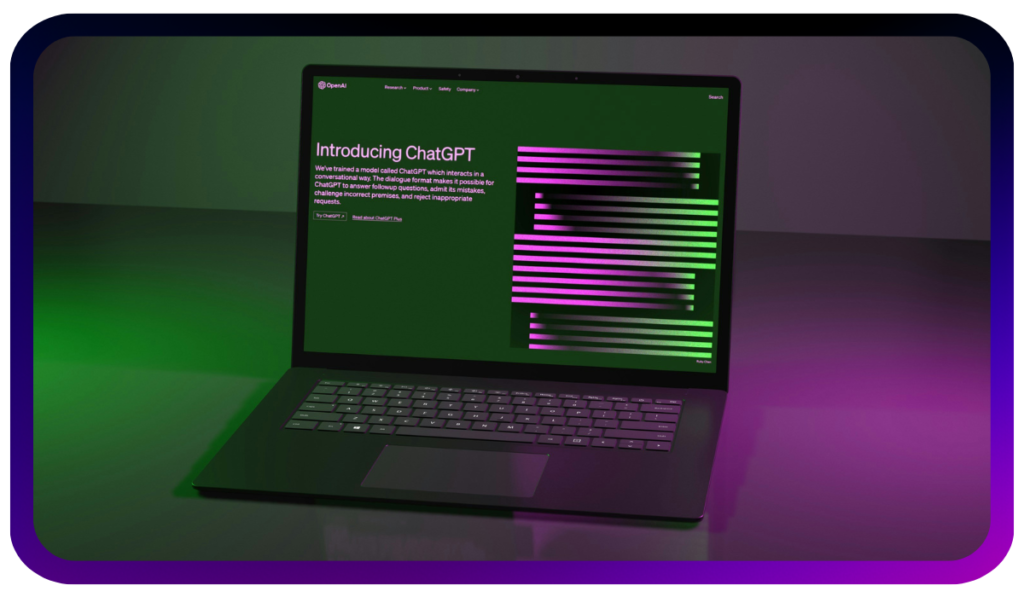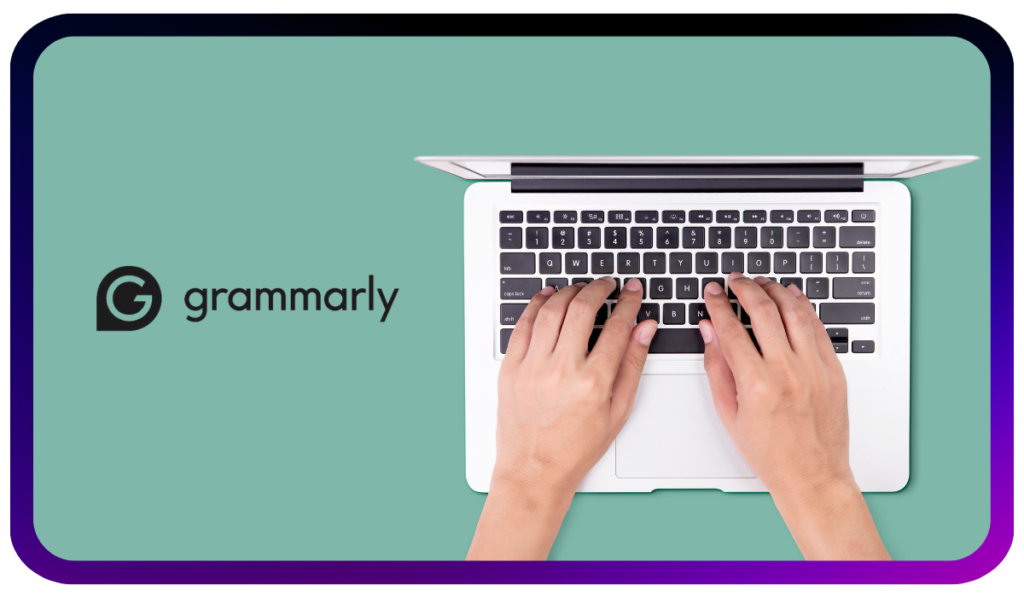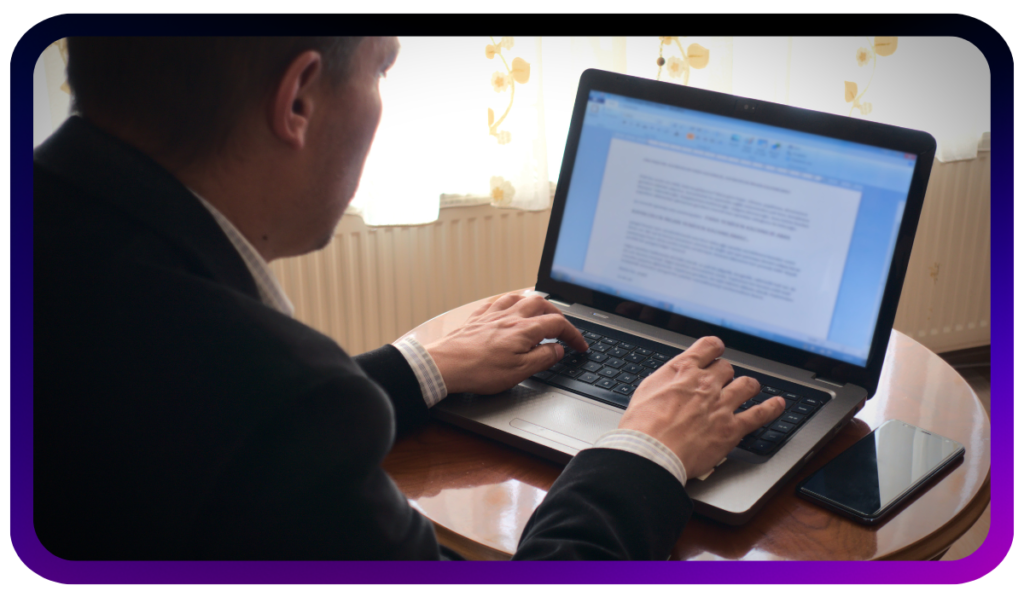Writing a research article requires originality, strong analytical skills, and a firm commitment to ethics. Therefore, students and researchers often become victims of plagiarism without realizing it, which carries significant academic and professional ramifications.
Not only does it present serious ethical issues, but also many financial obligations; whether through improper citation, poor knowledge, or stress to create a publication.
This guide will cover what constitutes plagiarism in research, its types, and the ramifications of plagiarism. More so, we will tell you five well-verified tips to ensure that you do not end up falling into the perils of plagiarism, allowing you to maintain the integrity and authenticity of your research paper.
Implementing these strategies ensures that you maintain academic integrity, safeguard your reputation, and meaningfully contribute to your field.
What Is Plagiarism in Research?
Defining Plagiarism in Academic and Scientific Writing
Research plagiarism is the unethical act of using someone else’s ideas, words, or findings without giving someone appropriate credit. Because it is such a broad term, plagiarism can be anything from copying to paraphrasing to self-plagiarism. This is why researchers must cite the original sources and assert academic integrity and honesty.
An example of plagiarism → if a scientist publishes the experimental results of another researcher as if they were their own without giving proper credit. Plagiarism has a devastating impact on academic and professional integrity.
Forms of Plagiarism in Research
Plagiarism in research can take multiple forms, including:
- Direct Plagiarism: Copying content verbatim without citation.
- Self-Plagiarism: Reusing one’s previous work without proper disclosure.
- Paraphrasing Plagiarism: Rewriting content from a source without citing the original author.
- Mosaic Plagiarism: Combining copied phrases from multiple sources without proper attribution.
- Accidental Plagiarism: Failing to cite sources due to lack of awareness or oversight.
Consequences of Plagiarism in Research Papers
Academic Consequences – How It Affects Students & Scholars
Plagiarism has severe repercussions for students and scholars, including:
- Failing grades or thesis rejection.
- Loss of academic credibility and respect.
- Expulsion from universities or blacklisting in academic institutions.
Many universities have strict anti-plagiarism policies, which can result in significant penalties, including the withdrawal of degrees.
Professional Consequences – Risks for Researchers & Authors
For professionals, plagiarism in research can have dire consequences:
- Journal Retractions: Plagiarized papers are removed from academic databases, tarnishing reputations.
- Loss of Funding & Career Damage: Grants and job opportunities may be revoked.
- Legal Consequences: Copyright violations can lead to lawsuits.
Famous Cases of Plagiarism in Research
Several well-known researchers have faced consequences for plagiarism. Some of the most famous plagiarism cases in research include:
- German Defense Minister Karl-Theodor zu Guttenberg: Stripped of his Ph.D. due to extensive plagiarism.
- Dr. Rajendra Kumar Pachauri: the Former head of the IPCC, was accused of plagiarizing research reports.
- Jonah Lehrer: Journalist exposed for self-plagiarism and fabricating quotes.
These cases highlight the importance of academic honesty and the consequences of failing to maintain research integrity.
How to Avoid Plagiarism in Research Papers – 5 Proven Tips
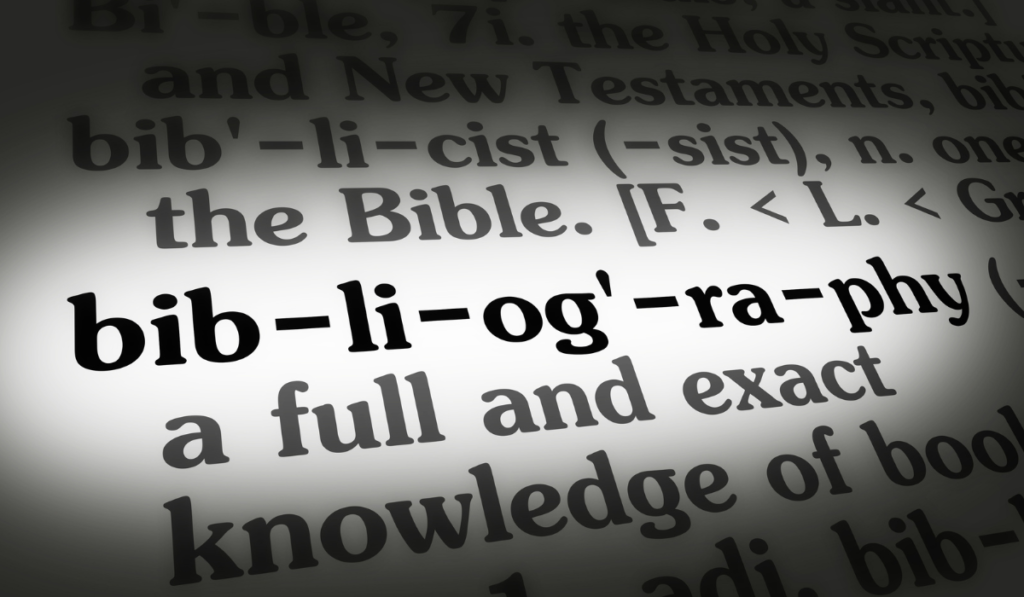
1. Use Proper Citation Methods for Sources
Citing sources correctly is the most effective way to avoid plagiarism. Follow recognized citation styles such as:
- APA (American Psychological Association)
- MLA (Modern Language Association)
- Chicago Manual of Style
- Harvard Referencing
Tip: Use citation management tools like Zotero, EndNote, or Mendeley to automate referencing and ensure accuracy.
2. Paraphrase Correctly Without Losing Original Meaning
Paraphrasing involves rewriting content in your own words while retaining the original meaning. However, improper paraphrasing can still be considered plagiarism.
Incorrect Paraphrasing:
Original: “Plagiarism can damage a researcher’s reputation.” Paraphrase: “Copying someone’s work can hurt a scientist’s credibility” (No citation provided)
Correct Paraphrasing:
Original: “Plagiarism can damage a researcher’s reputation.” Paraphrase: “According to Smith (2020), engaging in plagiarism can negatively impact a scientist’s professional credibility.”
3. Keep Track of Research Sources to Avoid Accidental Plagiarism
Maintaining an organized research process helps prevent unintentional plagiarism. Consider these tools for source management:
- Mendeley – For reference and PDF management.
- Google Scholar – To track citations and references.
- ResearchGate – To interact with researchers and cite correctly.
4. Conduct a Plagiarism Check Before Submission
Plagiarism detection tools help ensure originality before submission. Popular tools include:
- Turnitin – Preferred by universities.
- Grammarly Plagiarism Checker – This tool offers grammar and plagiarism checks.
- Originality.ai – Detects AI-generated and plagiarized content.
How to check your research paper for plagiarism:
- Upload your document to a plagiarism checker.
- Review the similarity percentage.
- Revise flagged content and ensure proper citation.
- Re-check until the similarity is within acceptable limits.
5. How Walter Writes AI Helps Ensure Plagiarism-Free Writing
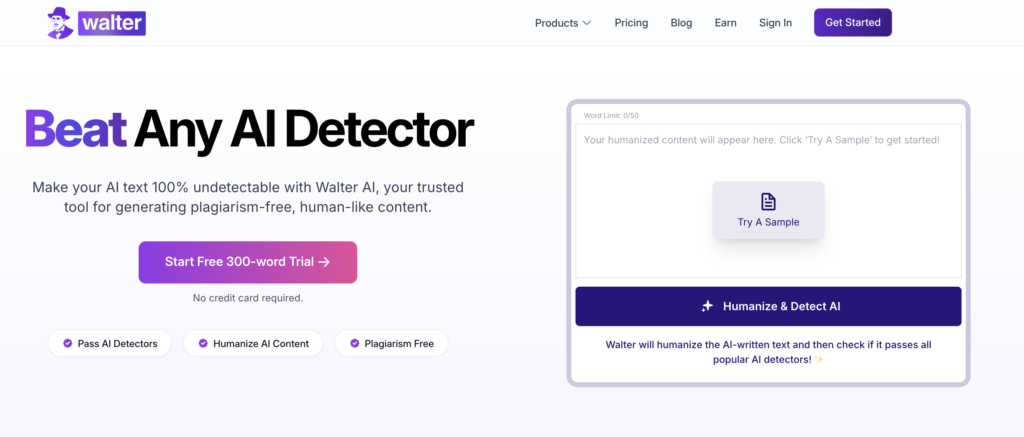
Walter Writes AI is an advanced tool designed to assist researchers and academics in producing original, high-quality content that meets rigorous academic standards. One of its standout features is the AI Humanizer, which transforms AI-generated or rephrased text into natural, human-like language, ensuring authenticity and improved readability.
Key Benefits for Researchers:
- Advanced AI Detection Bypass: Walter AI refines content to avoid detection by sophisticated AI detectors, helping maintain credibility and uphold academic integrity.
- Customizable Readability Levels: Researchers can tailor the complexity and tone of their writing to suit different academic audiences, improving clarity and engagement.
- Time-Saving Automation: By automating the humanization and refinement of text, Walter AI streamlines the writing process—freeing up more time for actual research and analysis.
Walter Writes AI not only helps ensure originality but also enhances the overall quality and authenticity of academic writing, making it a valuable tool for scholars at every level.
How Much Plagiarism Is Acceptable in Research Papers?
Understanding Acceptable Plagiarism Percentages
Most academic institutions have strict guidelines regarding acceptable plagiarism limits:
- Universities: Typically allow up to 10-15% similarity.
- Journals: Require near-zero tolerance for plagiarism.
- Self-Plagiarism: Often scrutinized similarly to external plagiarism.
How to Reduce Plagiarism Percentage in a Research Paper
If your research paper has a high similarity score, follow these steps:
- Paraphrase flagged content using Walter Writes AI.
- Add proper citations where missing.
- Summarize findings instead of directly quoting long sections.
Frequently Asked Questions (FAQ)
Plagiarism in research means using another person’s work without giving credit, violating academic integrity.
You can check with Turnitin, Grammarly, or Originality.ai.
While most colleges accept 10-15% similarity, intentional plagiarism is not allowed.
Cite sources properly, paraphrase effectively, and use plagiarism checkers before submission.
Absolutely! Walter Writes AI helps ensure your writing stays original by refining AI-generated content and making it sound more natural and human-like—while also staying under the radar of detection tools.
Conclusion – Avoiding Plagiarism in Research the Right Way
Plagiarism is a serious issue in academic and professional writing, but it can be avoided with the right practices—like proper citation, thoughtful paraphrasing, and using reliable plagiarism detection tools.
Walter Writes AI supports researchers, students, and professionals by helping them create original, authentic content that upholds academic integrity.
Try Walter Writes AI today for professional, plagiarism-free content!
